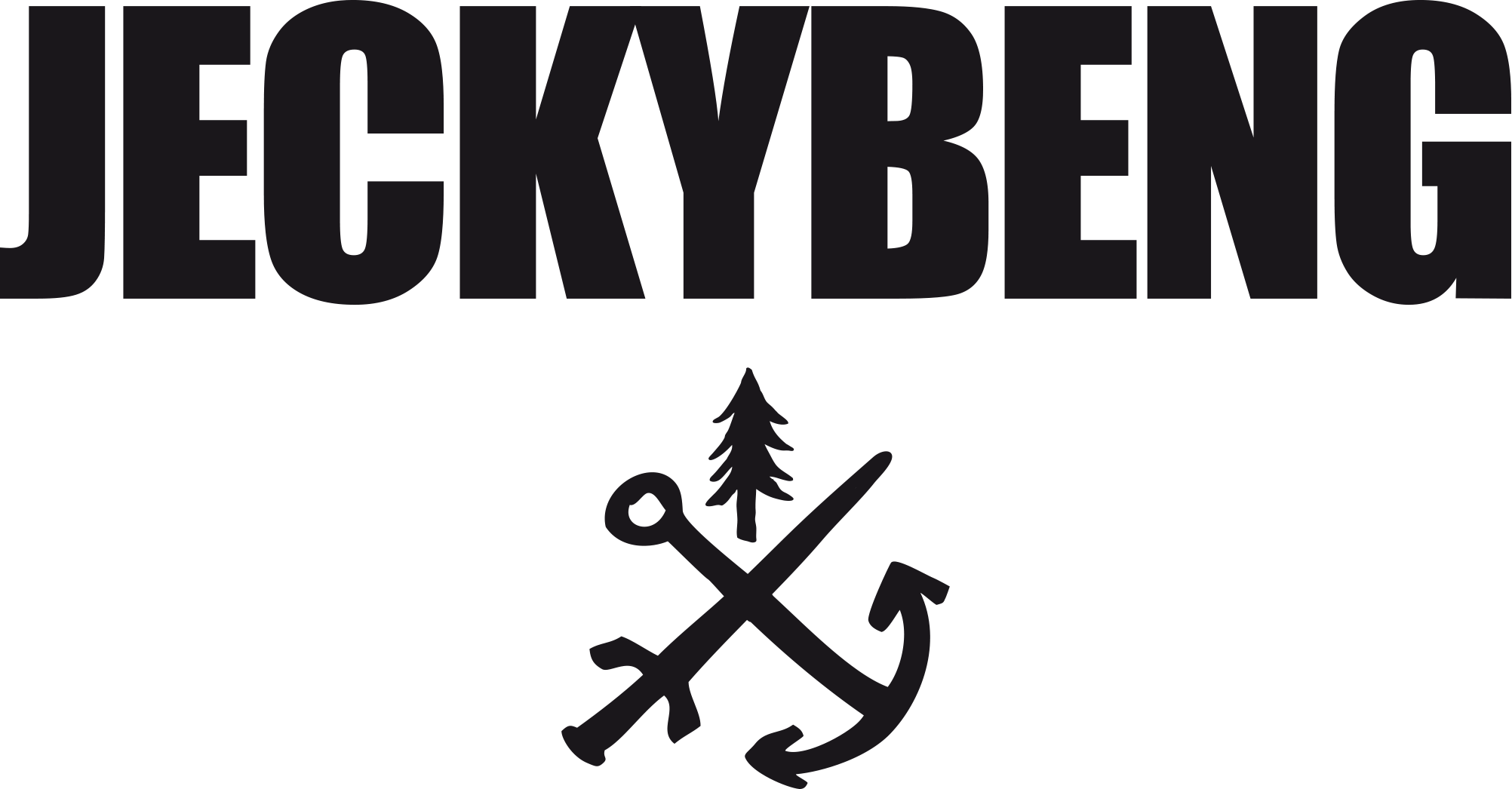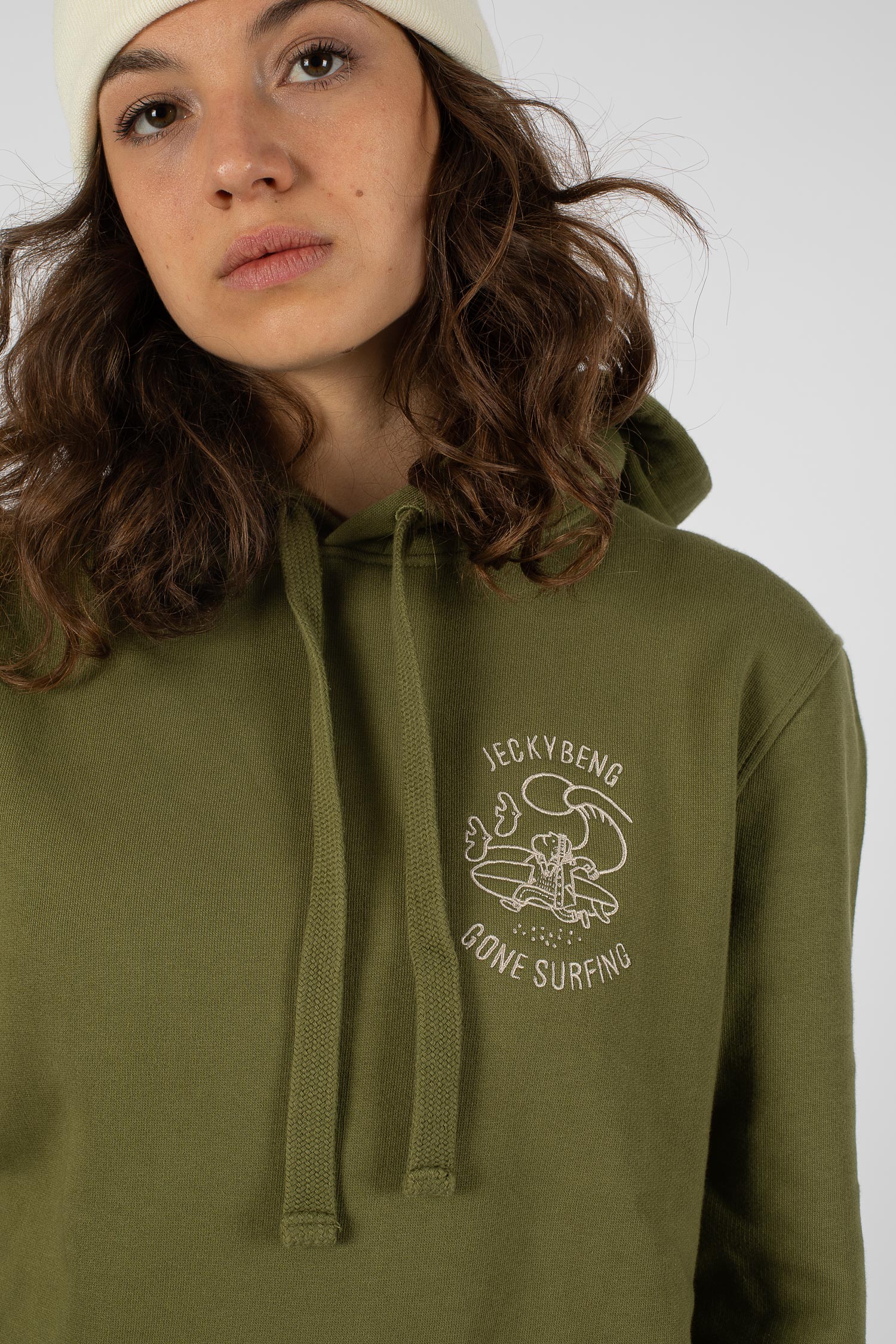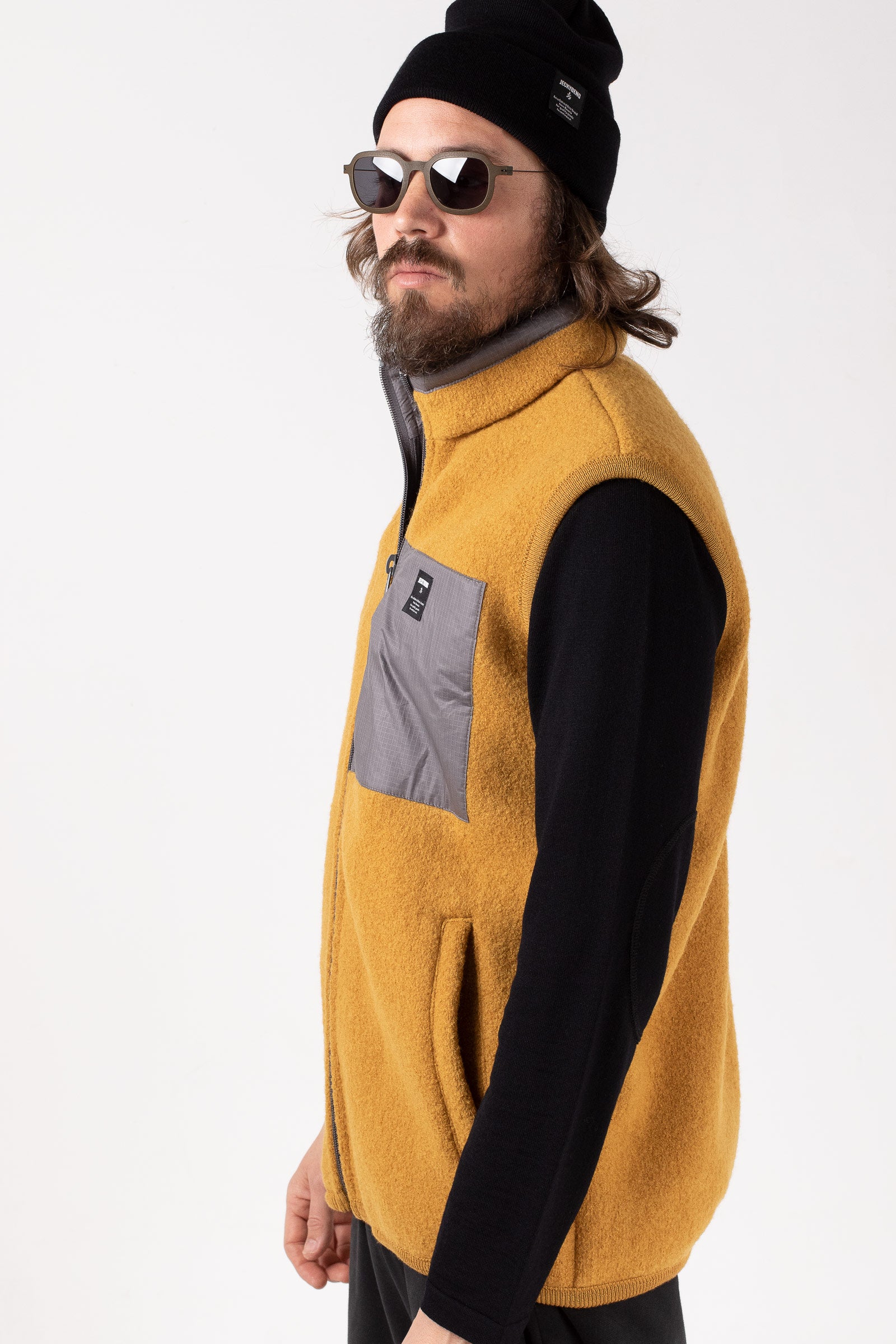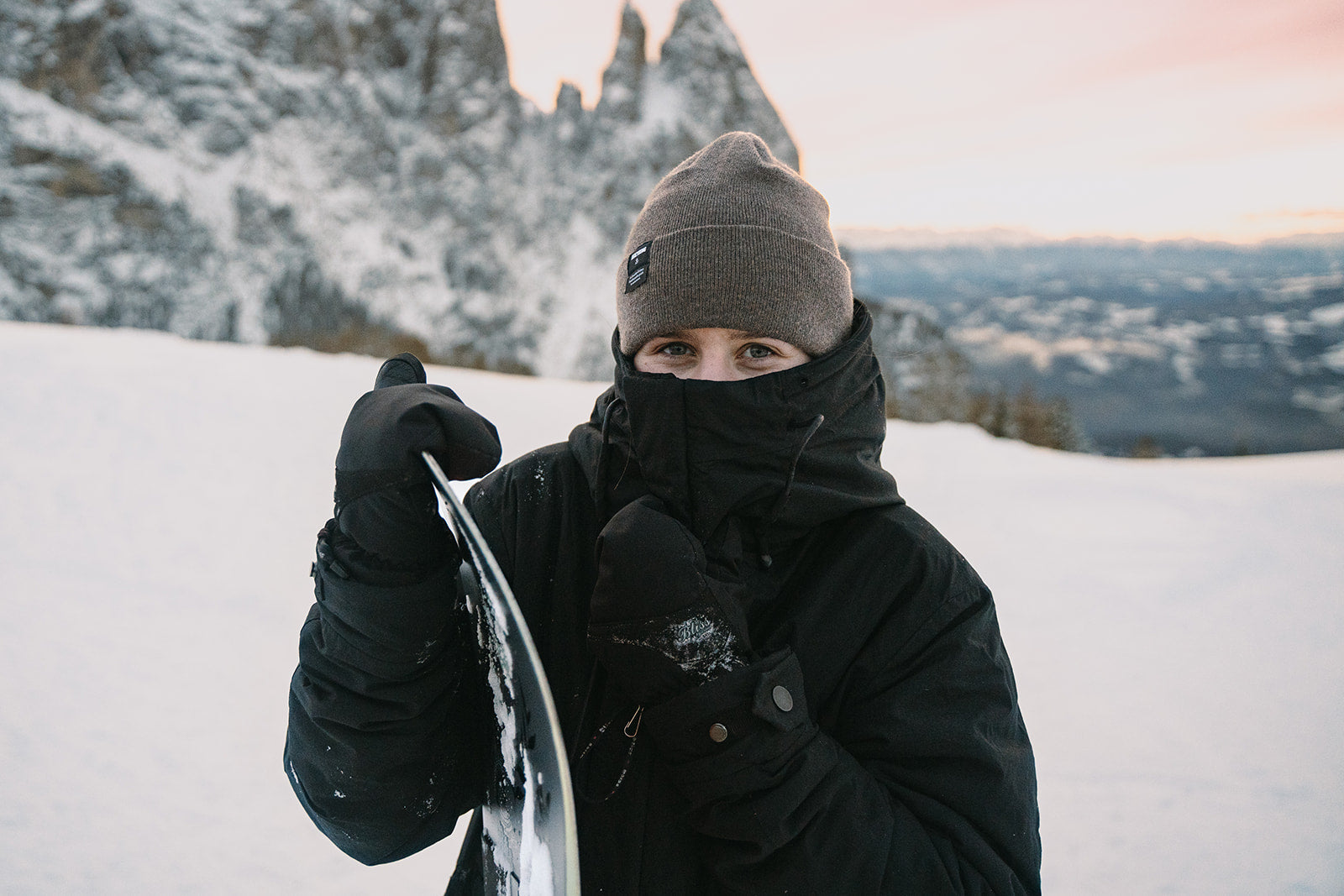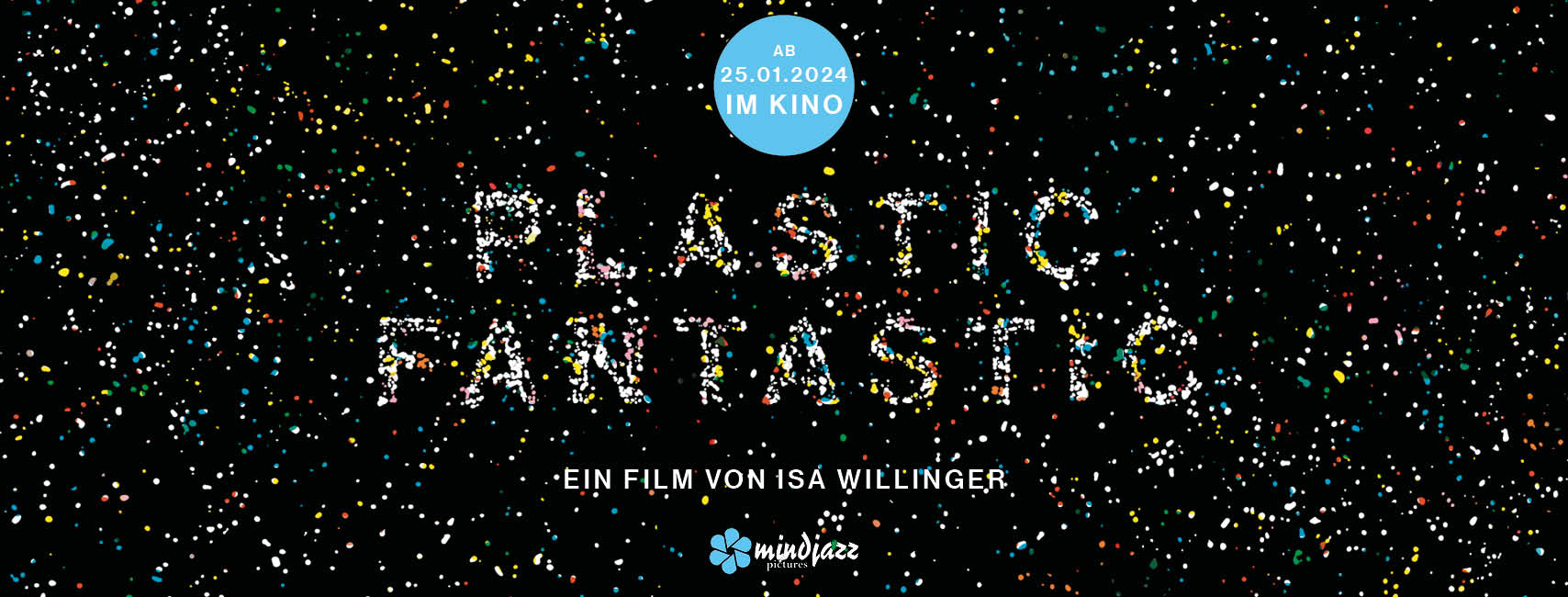
Interview with film editor Lena Hatebur
We noticed the reference to the current documentary Plastic Fantastic in the email signature after placing an order. So we started talking to the film editor Lena Hatebur and were lucky enough to meet her in person at the film's premiere in Berlin. Find out more about her work and the award-winning film!


Can you briefly introduce yourself?
My name is Lena Hatebur. I was born 40 years ago in Haltern am See. After 15 years in Berlin, I have been living with my wife, our two children and our dog in an old fruit farmhouse in Werder an der Havel, near Berlin, since 2015. I completed my film editing studies at the Potsdam Babelsberg Film University in 2014 with a degree in editing. Since then I have been editing films for cinema and television. I specialize in documentaries.

How did you get into film?
There are a lot of mini DV and VHS tapes on my shelf. My entire youth is on it. I still remember clearly how I walked with my father through the pedestrian zone in Recklinghausen and we bought my first mini DV camera in a small technology store. My setting back then was ideal: I was 16 years old and had a great clique. So I filmed everything we experienced. On weekends, on holidays. Filmed the evening and night, edited the next morning. Hard cut between VHS player and camera, music recorded at the same time. In the evening we watched it with the gang. It went on like that for a few years. The fact that you can consciously control other people's emotions with a selection of images and original sounds in a certain order, accompanied by sound and music, still fascinates me to this day. When I found out that you could study film editing, I immediately applied for the course in Potsdam.
What are the challenges of being a film editor?
The biggest challenge of being a film editor is explaining our job. In the area of documentaries, for example, there are no scripts in the classic sense, but rather concepts that are often unnecessary during filming because too many things happen that cannot be estimated beforehand. At the beginning of an editing process there is the viewing of around 100-200 hours of raw material. This process takes weeks. You sit in the editing room with the director and explore the material and watch other people live. The editor's first impression is groundbreaking. We weren't there during the shoot, we're not interested in any difficulties that occurred during it, we're not emotionally attached to the scenes because of how they were created. We are only interested in the raw material and its potential. We ask ourselves with the utmost openness: Which characters can be built, which narrative lines can be developed, which relationships can be formulated and emotions can be created? The cutting room becomes a think tank. I really enjoy working with the director. Brain teaser after brain teaser and so we work for months on the dramaturgy and the form of the film. We editors put ourselves at the service of the film idea and offer our full creative potential. A creative act. An art form. Nothing in film editing is a coincidence, everything is constructed and yet shouldn't appear that way. But we act in secret and it is difficult to understand from the outside how fundamental our influence on the finished work is. Hardly anyone knows what exactly we do and can ask questions about it. This is a pity. We film editors love to talk about our work because we are fascinated by its complexity. From 100-200 hours of raw material to 90min film: This is where the magic happens.

Can you tell us a little more about working on the current documentary “PLASTIC FANTASTIC” and why we should watch the film?
There are 500 times more plastic particles in the oceans than there are stars in our galaxy. Although we only invented the material a few decades ago, it can already be detected in our blood today. In the film PLASTIC FANTASTIC we examine the problem from different perspectives and in different places around the world. Activists and scientists tell us about their struggles against environmental pollution. And we ask the question of responsibility. Also the lobbyists for the plastic industry. These have always given us a clear answer: We consumers have the lever in our hands. A common communication tactic. But it's not that easy. There is a whole system behind the massive production of plastic: plastic production is the growth strategy of the oil and gas industry and it has no intention of reducing its production in the coming years. Quite the opposite.

PLASTIC FANTASTIC has just completed an international festival tour and after all the screenings we know that the film changes and sharpens the viewer's perspective. I worked almost 700 hours on the film and I'm happy that it reaches people so profoundly. Because it's like this: We all know about the problem of plastic pollution and yet we only really take action when we feel emotionally addressed.
How do you earn money?
I earn my living as a film editor. I am self-employed and am paid by the respective production company. I also run a small image film agency: Hasebur-Film. Since I am impressed by the worlds and perspectives of children, I only produce films with Hasebur-Film for institutions, foundations, etc. in which children are the focus.
What makes you happy?
A lot. My family. Our health. Our freedom. Observing everyday things. The humor in it. My job in which I can combine everything and express myself.
What does a typical day in the life of Lena Hatebur look like?
Oh, at the moment it always starts out in a sporty way: my 3-year-old son currently wants to be undressed and dressed in a headstand position in the morning. And since he can't do a headstand yet, I try to hold him while I clumsily put his clothes on and off. Once all of this is done, I'll try not to fall while I'm taking the kids and dog to campus in the cargo bike. Of course the dog doesn't stay at daycare or school, but I drive him back home through the windy forest. If I survive all of this there will be breakfast and some awkward exercise. Only then do I sit down to watch my current film, which I edit here alone at home, or build a cabinet. The main thing is to build something. It depends on the film project in question, but I can currently adapt my working hours to daily circumstances. Depending on who of us picks up the children and what else is going on, I currently work 4-12 hours a day. As soon as the children are home or we do something else, I am completely with them. I try not to mix my activities. Then I can create a lot and joyfully. In winter we like to be at home, in summer we usually go to the lake with friends. In Werder we are very lucky to be surrounded by water. I hope it stays that way for a long time. So the water.
Where do you see yourself in 5 years?
I don't want anything to change. I want my children to be able to live a safe life just like I do. Without compromises, without suffering'. Quote from my current editing project TAMINA - WHEN WAS IT ALWAYS THIS way, directed by Beat Oswald. It is our second film project together and working on it fulfills me deeply. I hope that in 5 years, at the latest, we will be working on the successor. And I hope that the political climate does not deteriorate further. We have heightened all our senses.
What comes to mind when you think of the following keywords?
- Social media divides people
- Music connects people
- I see role models best in children
- Flow is the feeling I have while cutting
- Inspiration lies in humor
- Adventure and structure. The two poles of human nature.
Websites : https://www.lenahatebur.com | https://www.hasebur-film.de
Instagram : @lena.hatebur_filmeditorin
You can find more information about the film PLASTIC FANTASTIC here - a MUST SEE!!
